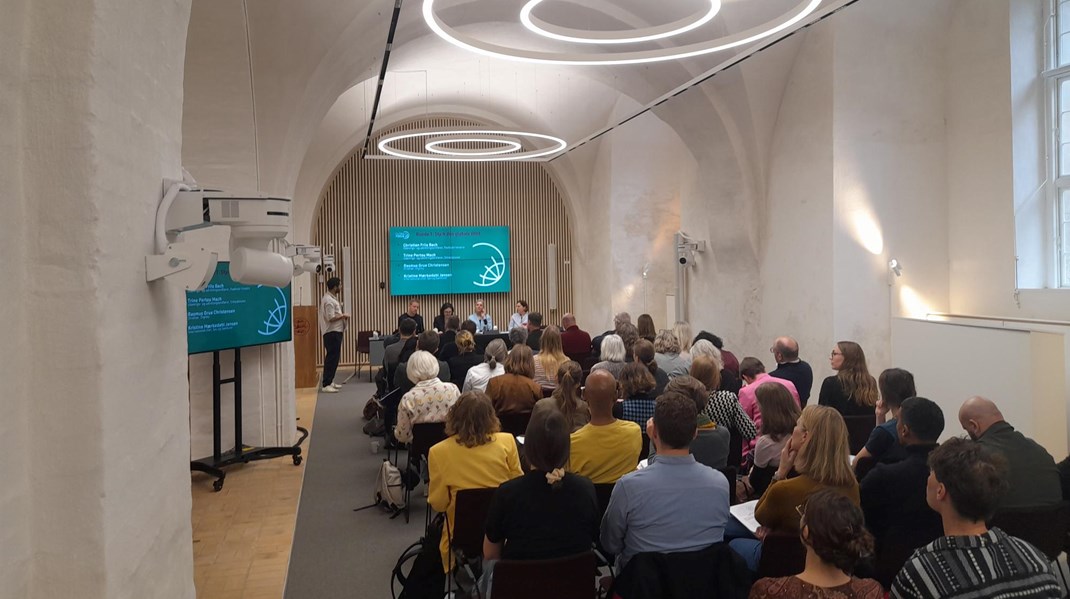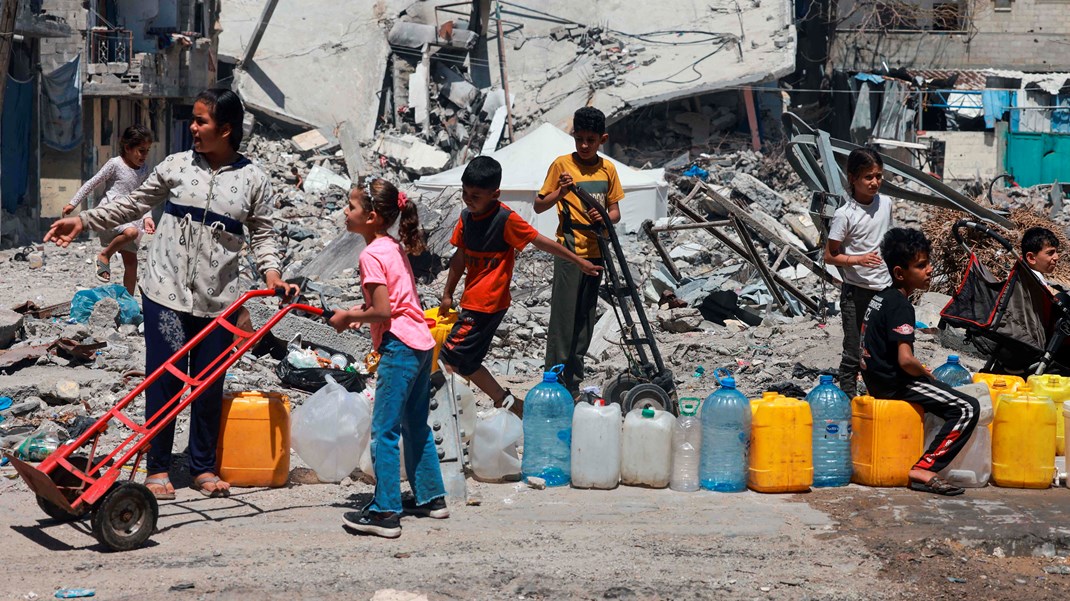UN chief calls for increased access, funding to address risk of famine in Africa and Yemen
More than 20 million people in North-East Nigeria, South Sudan, Somalia and Yemen are facing famine or a credible risk of famine over the coming six months. With access to people in need and sufficient funding, the United Nations and its partners can avert famine and provide the necessary relief and support where famine already exists.
To avert a humanitarian catastrophe in the four countries over the coming months, the United Nations and its partners will continue to scale up humanitarian operations. Lifesaving assistance in the areas of food and livelihoods, nutrition, health, and water, sanitation and hygiene will be prioritised as these represent the key sectors of famine response and prevention.
"One of the biggest obstacles we face now is funding. Humanitarian operations in these four countries require more than $5.6 billion this year. We need at least $4.4 billion by the end of March to avert a catastrophe. Despite some generous pledges, just $90 million has actually been received so far – around two cents for every dollar needed", said UN Secretary-General António Guterres today addressing a packed press briefing at UN headquarters. "Funding shortages have already forced the World Food Programme to cut rations in Yemen by more than half since last year. Without new resources, critical shortages will worsen within months."
The United Nations is also stepping up cooperation between humanitarian and development partners. Strengthening such links, we are seeking not only to save lives but to build the resilience necessary for people to withstand future shocks.
Effective and efficient humanitarian delivery relies on access to reach people in need. The UN and its partners call for full, safe and unimpeded access to all those in need, wherever they are.
"The lives of millions of people depend on our collective ability to act", Mr Guterres stressed. "We have heard the alerts. Now there is no time to lose."
North-East Nigeria
5.1 million people urgently need food and livelihoods assistance
450,000 children suffering severe acute malnutrition
In 2016, humanitarian partners reached more than 2.3 million people with food and agriculture assistance and 1.1 million with water, sanitation and hygiene assistance
South Sudan
100,000 people already facing famine
1 million people on the brink of famine
5 million people urgently need food and livelihoods assistance
270,000 children suffering severe acute malnutrition
In 2016, humanitarian partners reached more than 5 million people with aid, including nearly 3.6 million with food assistance or emergency livelihoods support and more than 2 million people with access to clean water
Somalia
2.9 million people urgently need food and livelihoods assistance
185,000 children suffering severe acute malnutrition
In 2016, humanitarian partners reached over one million people with food and livelihoods support, treated nearly 140,000 children for severe acute malnutrition, and provided water and sanitation to over one million people
Yemen
7.3 million people urgently need food assistance
462,000 children suffering severe acute malnutrition
Humanitarian partners reached 5.3 million people with assistance in 2016, including an average of 3.8 million people with food assistance every month and 5.3 million people with direct health services


